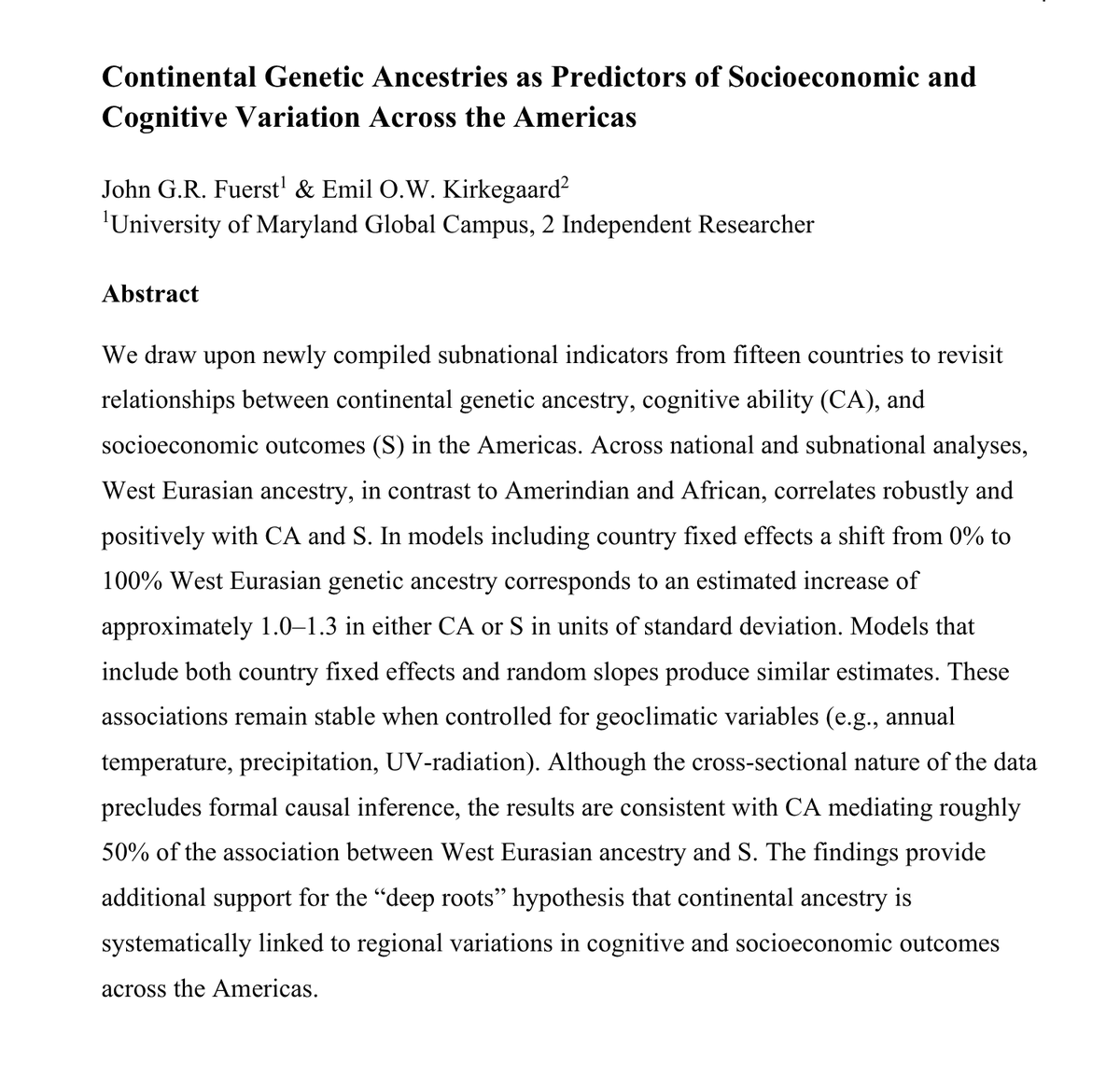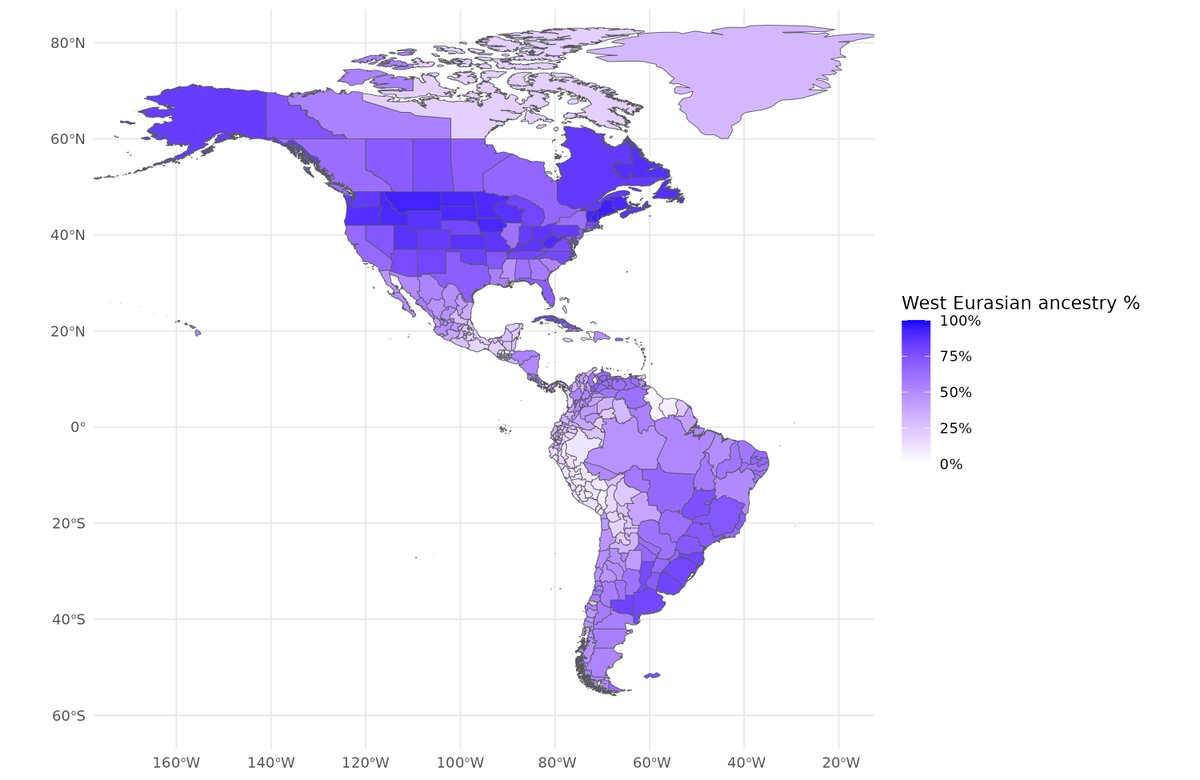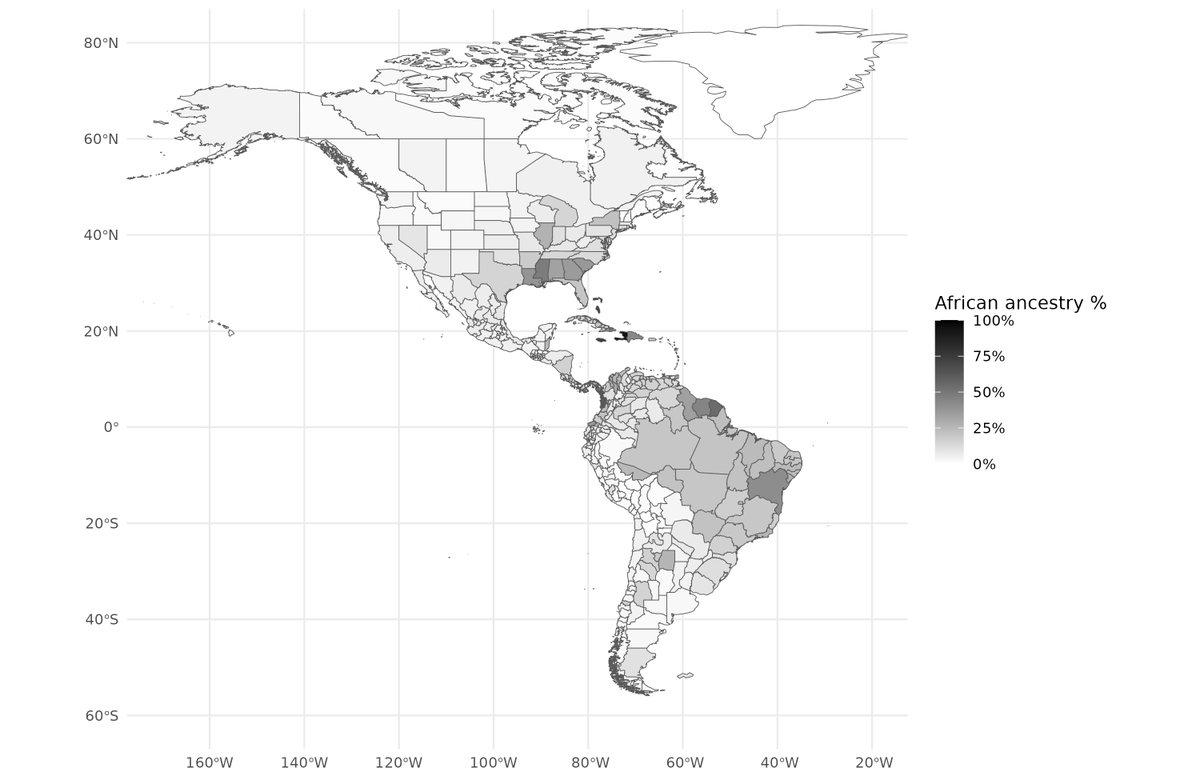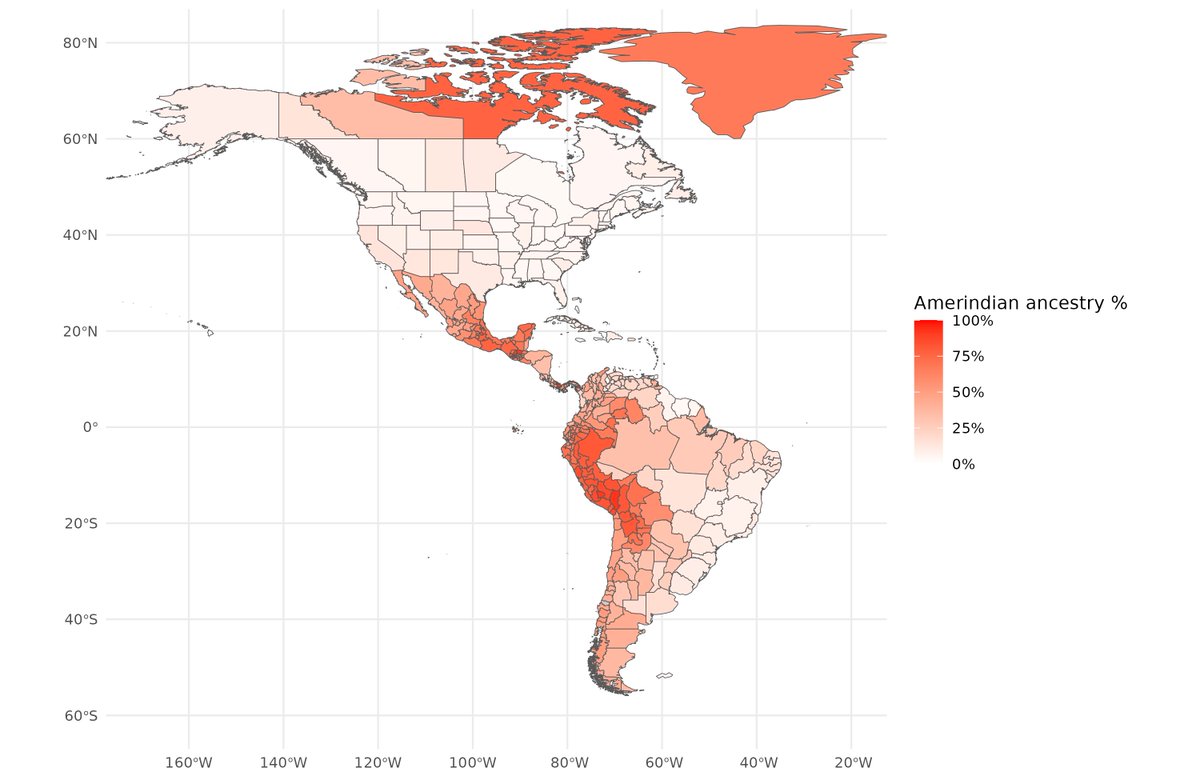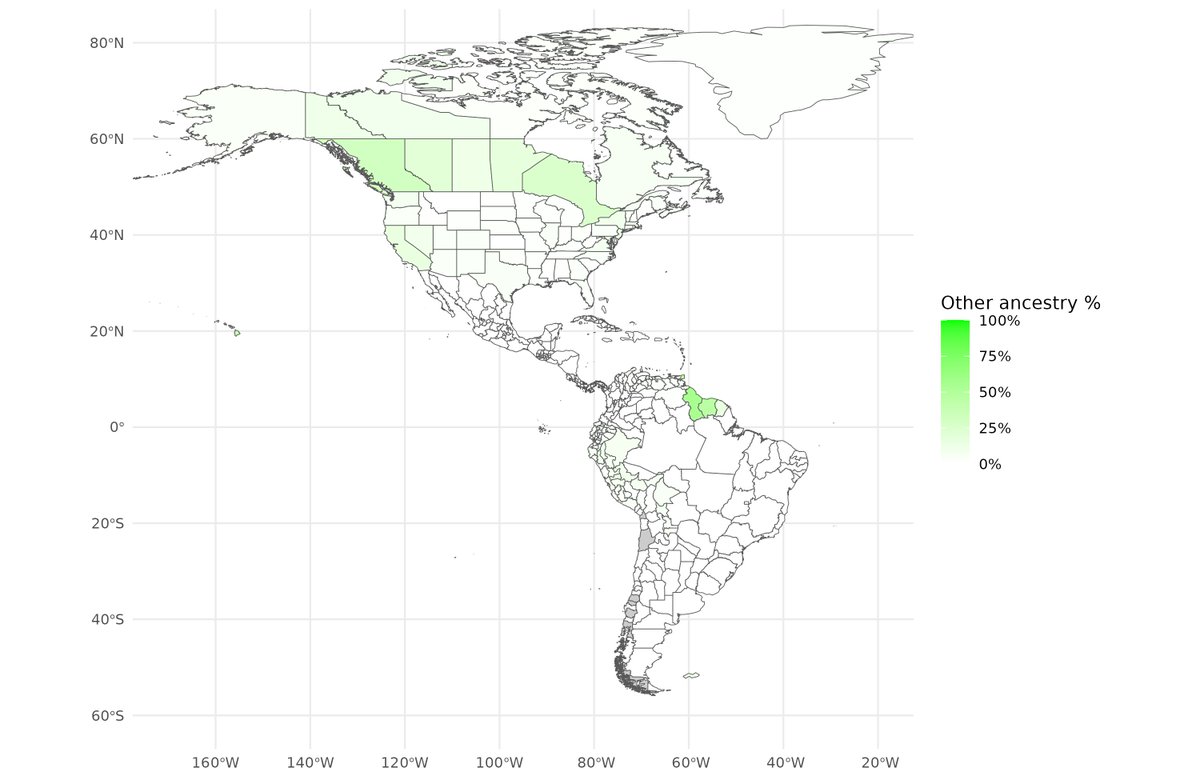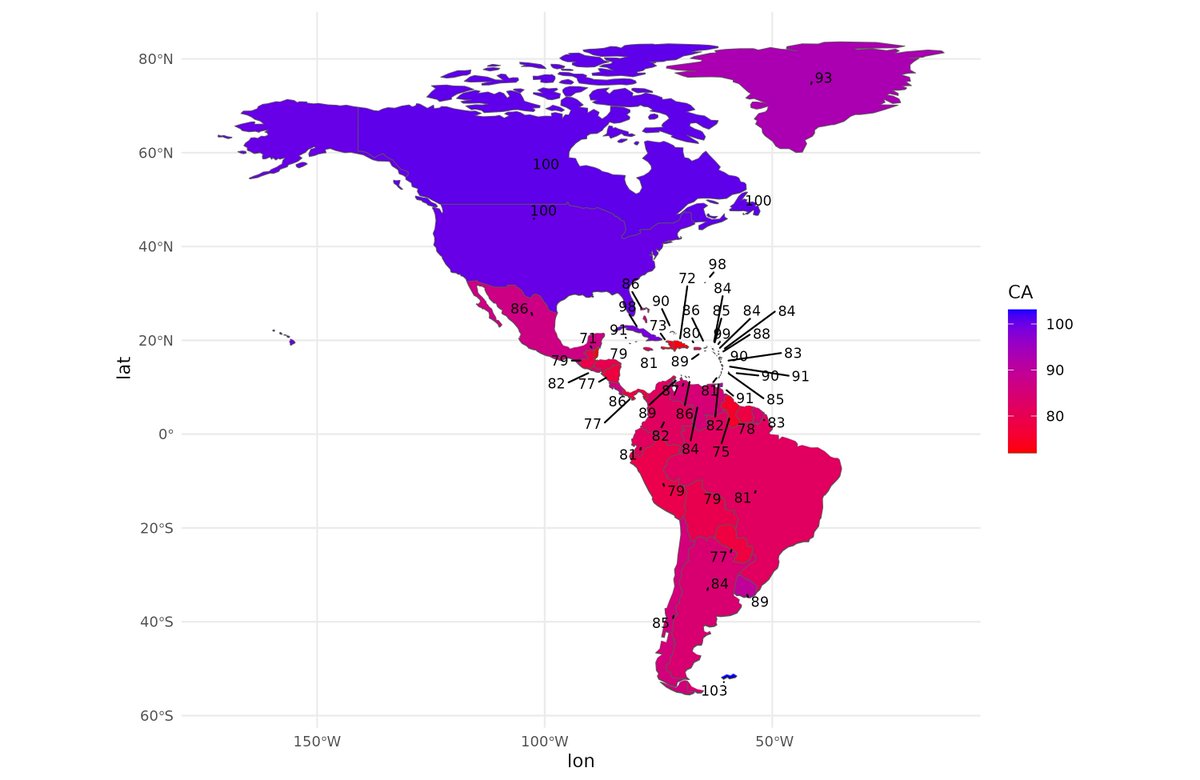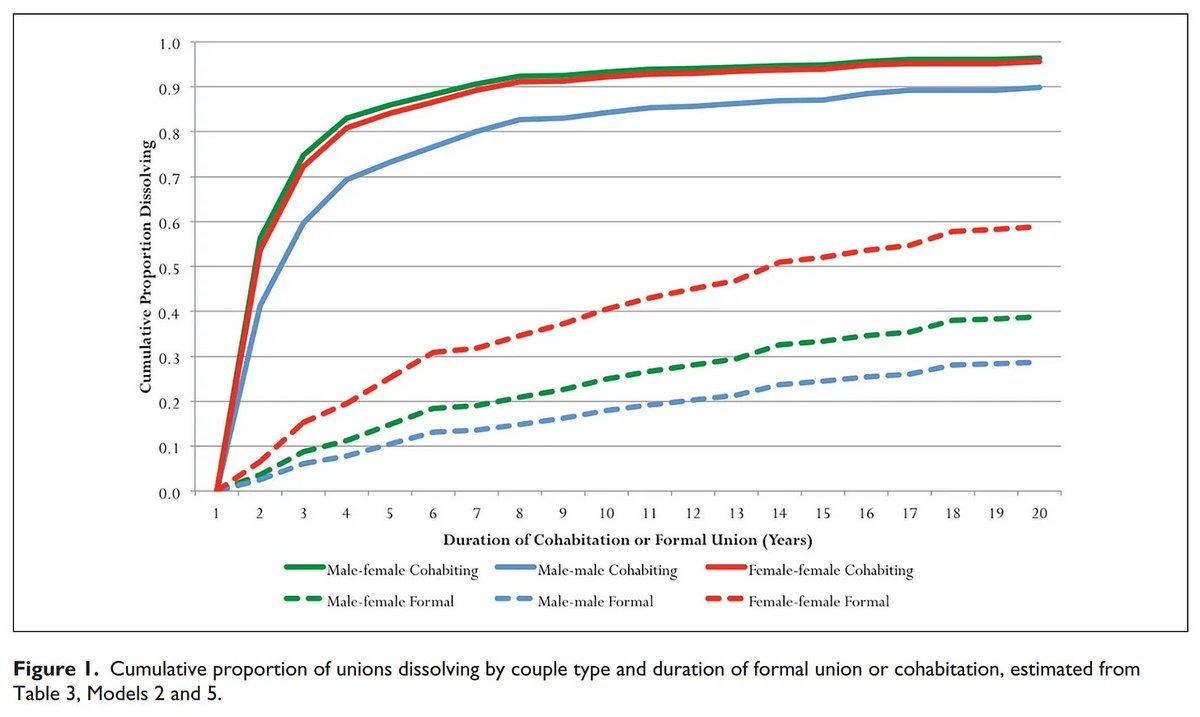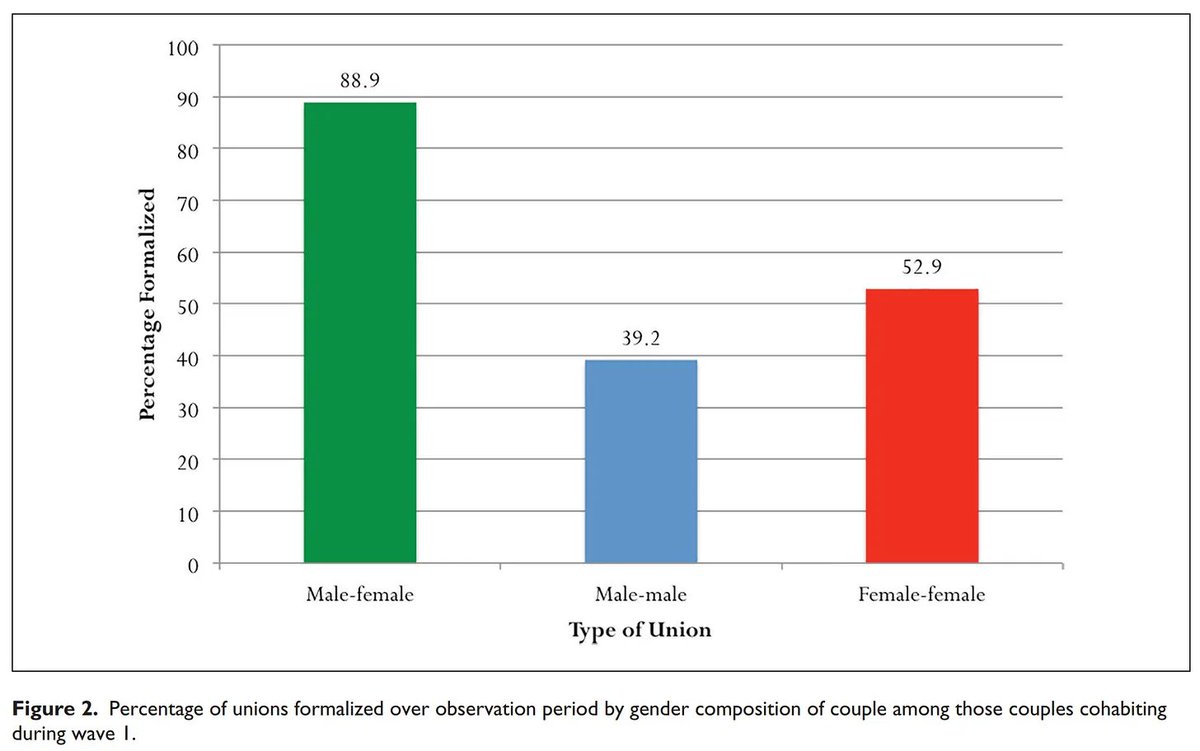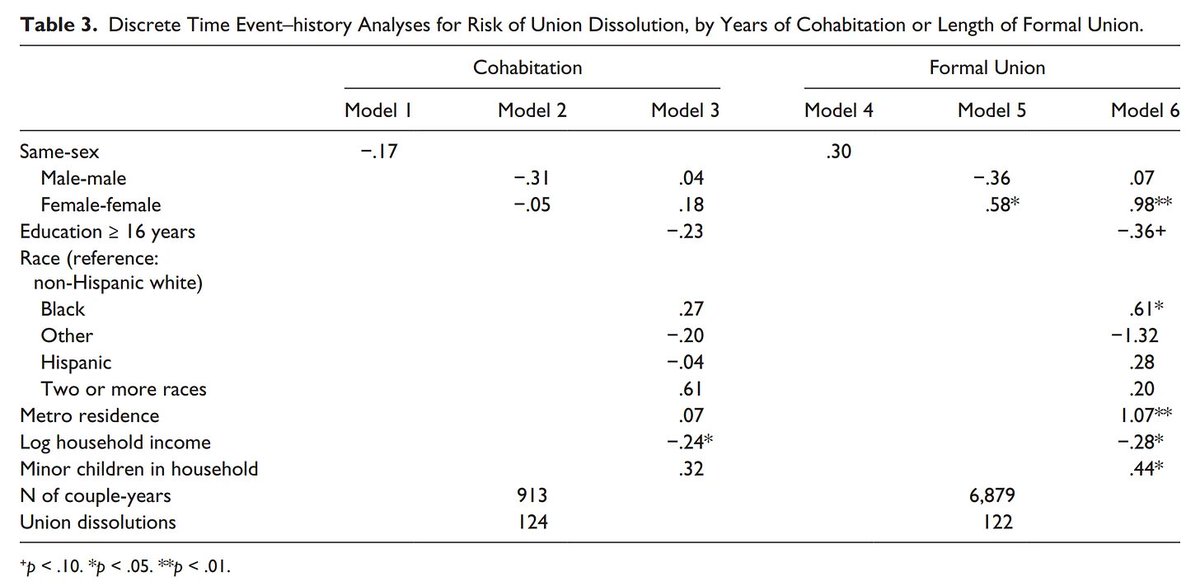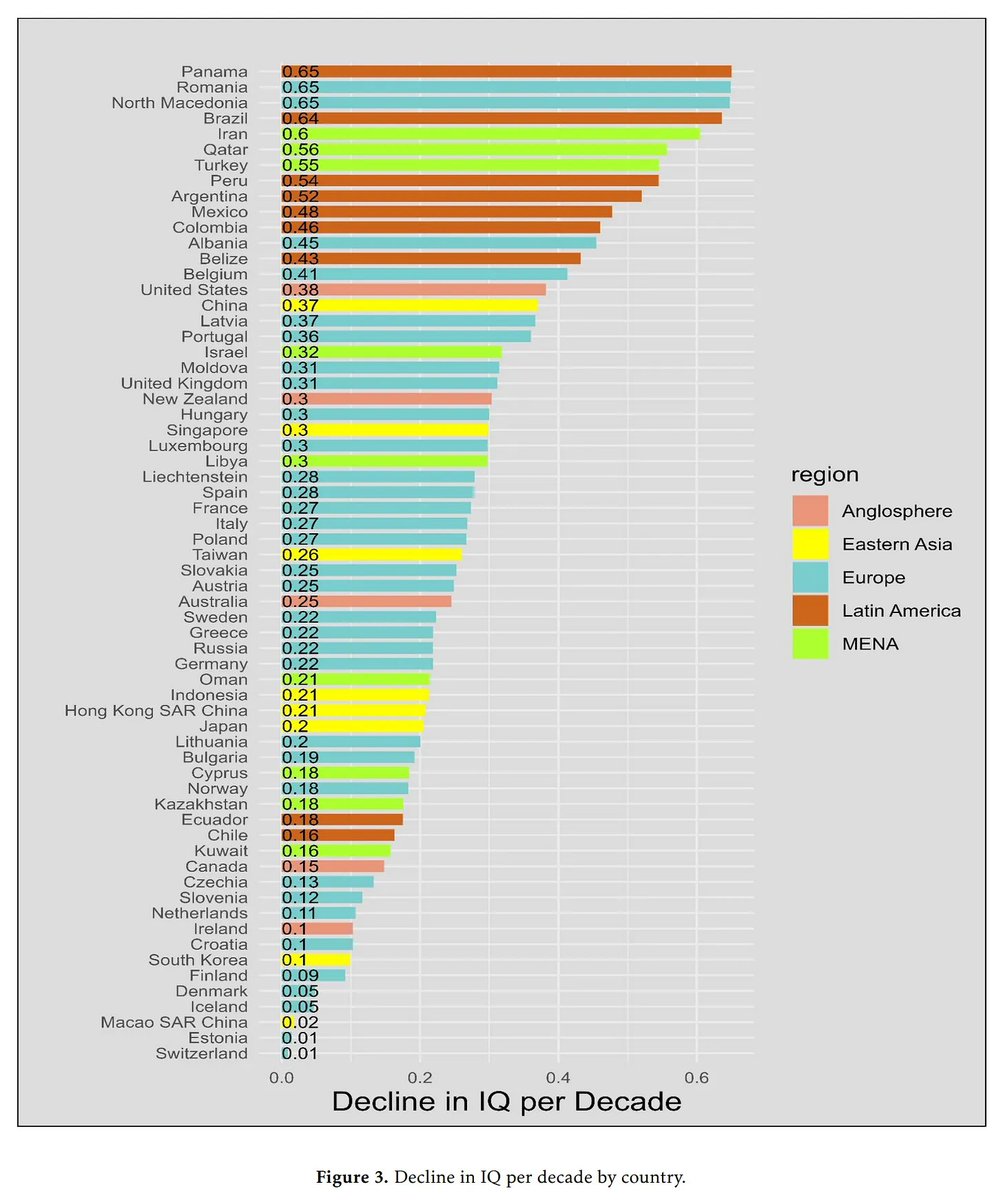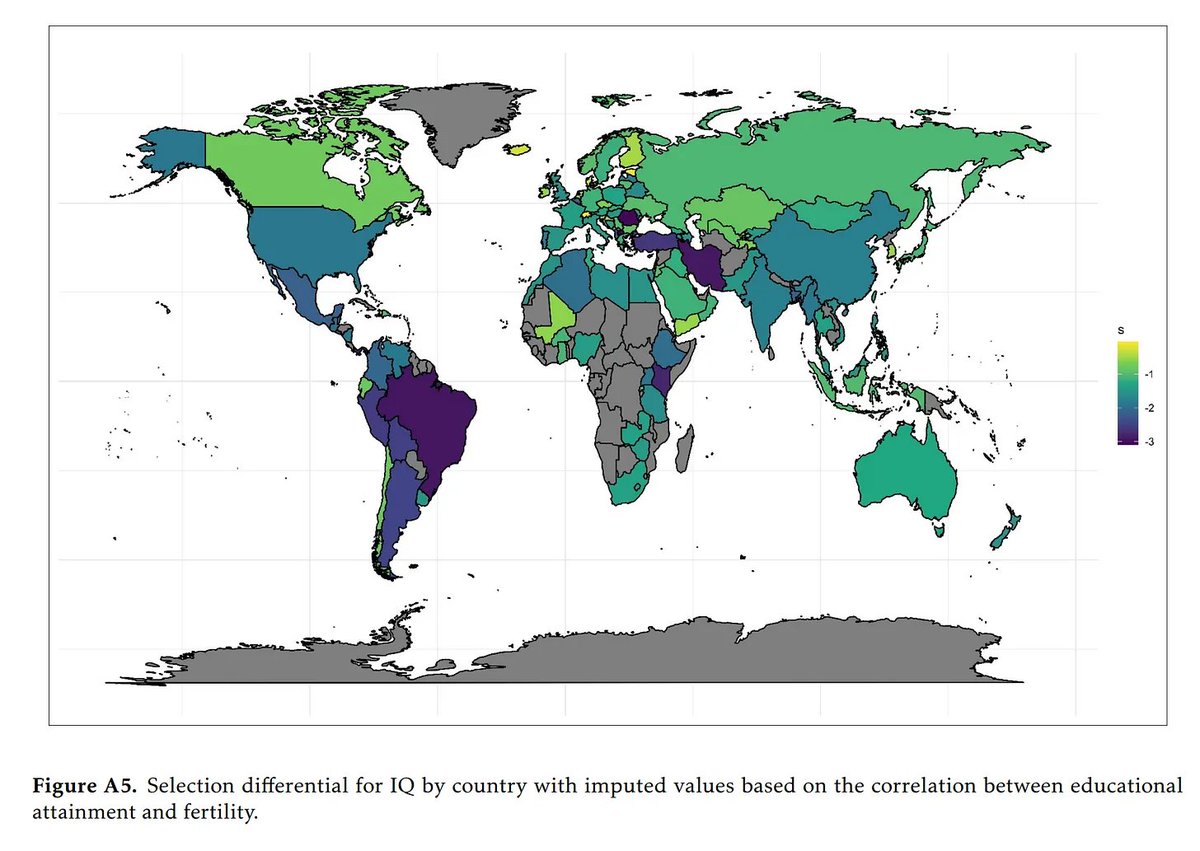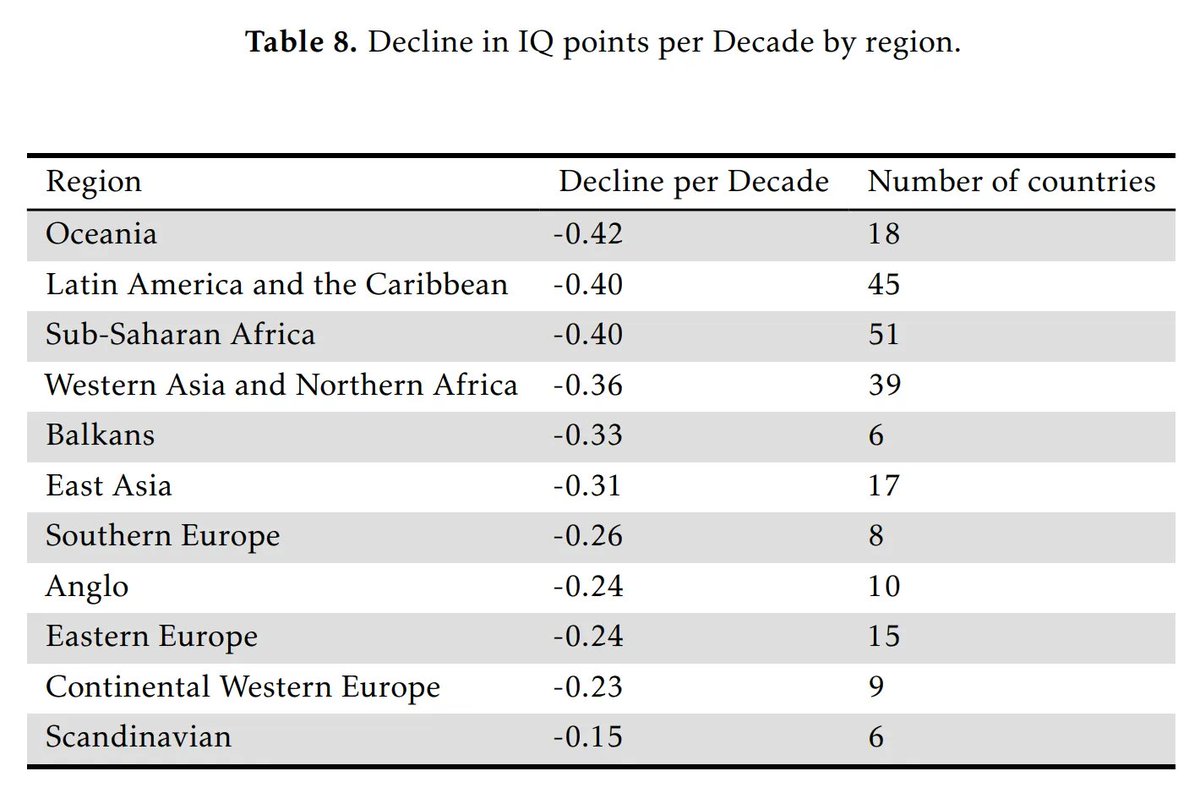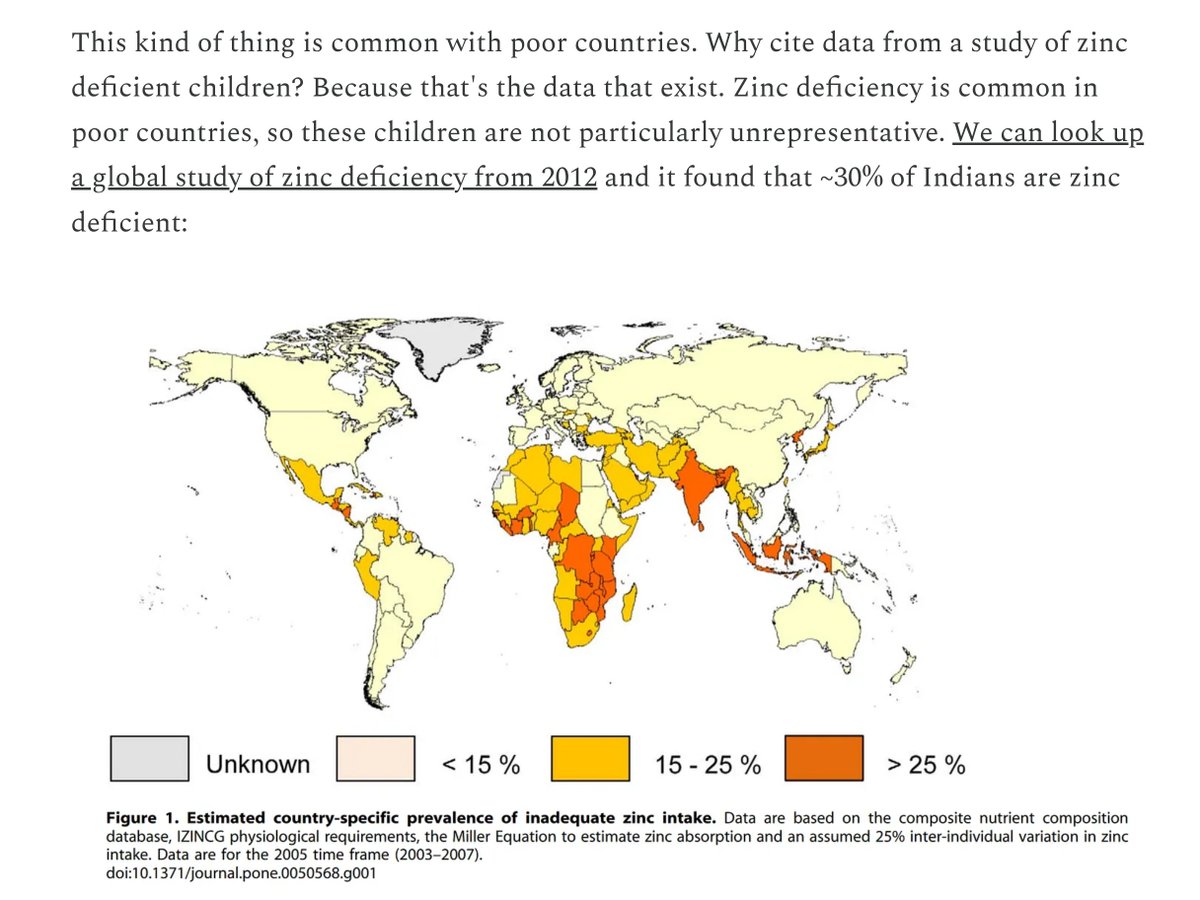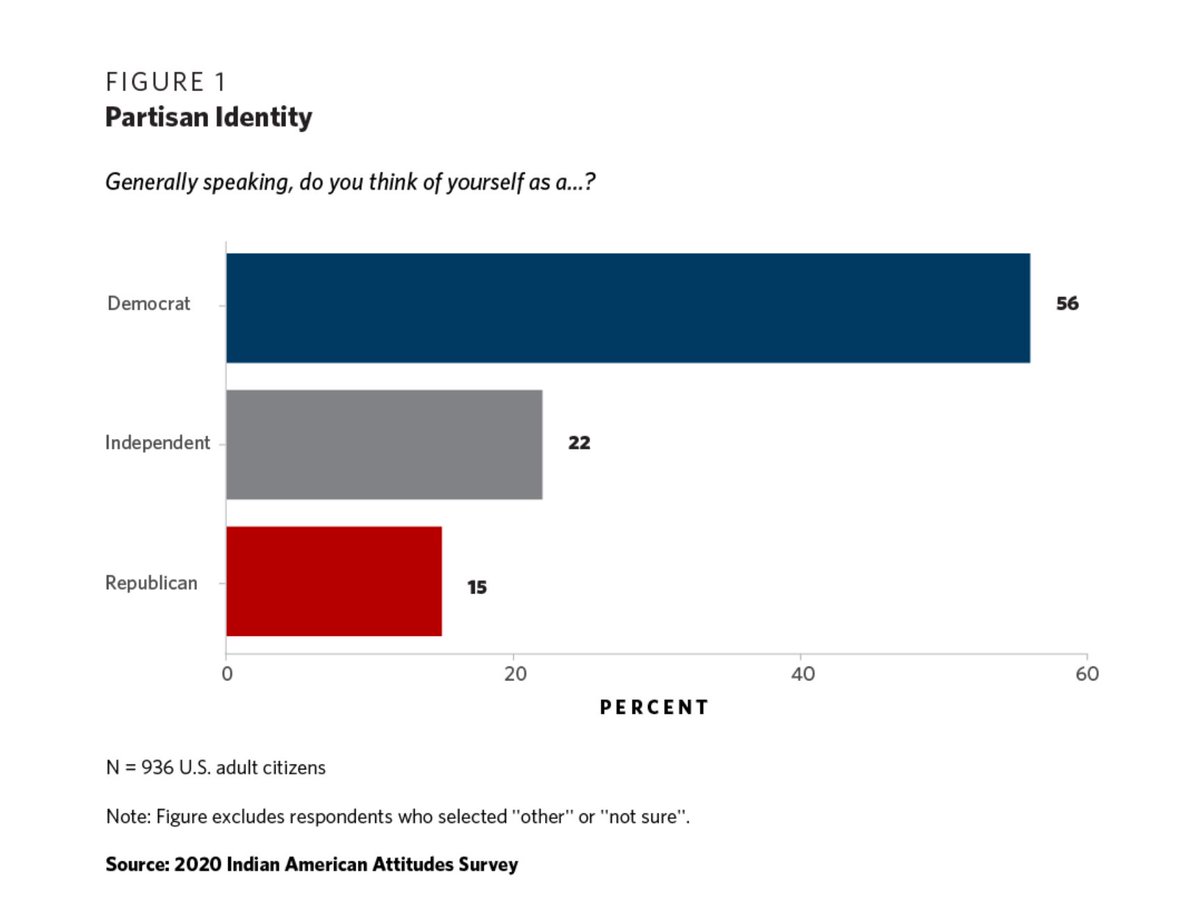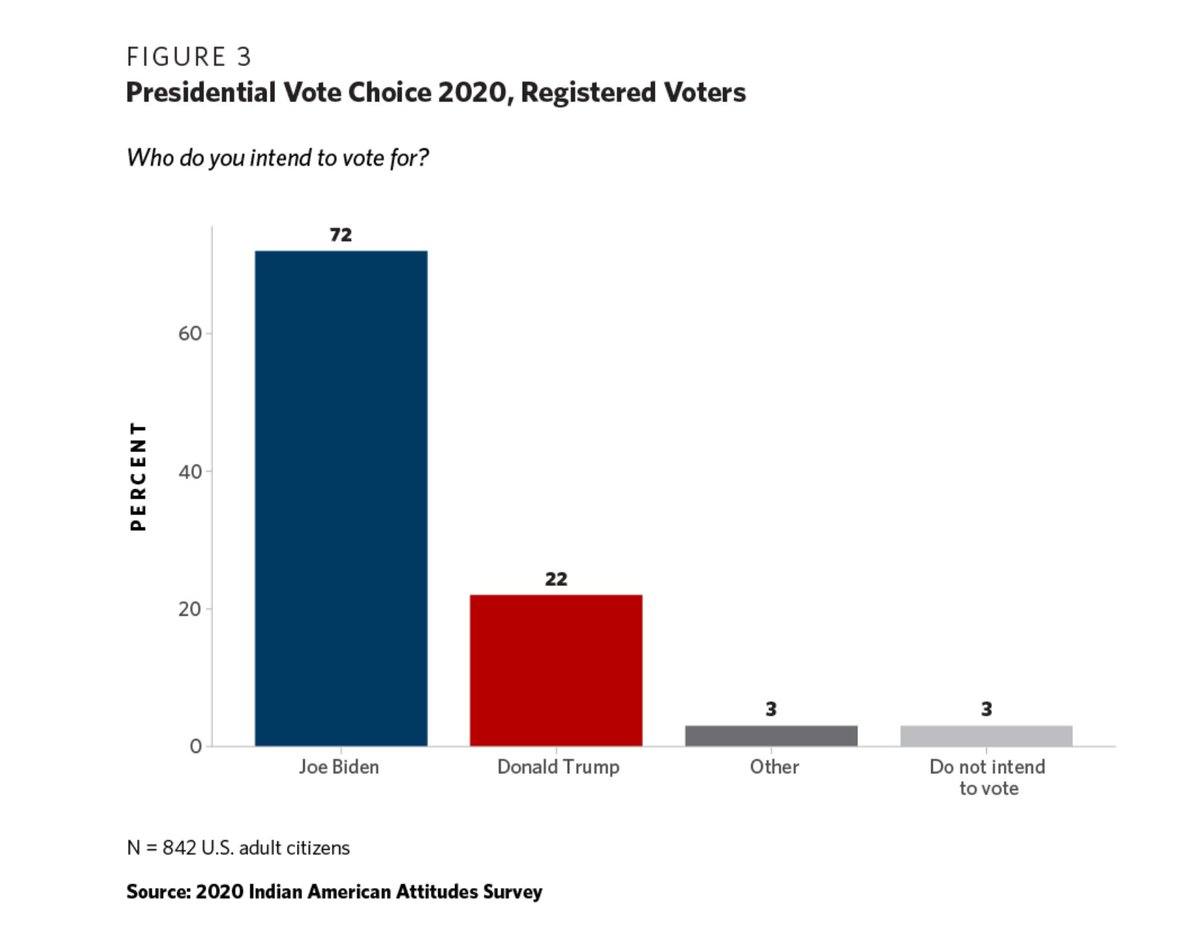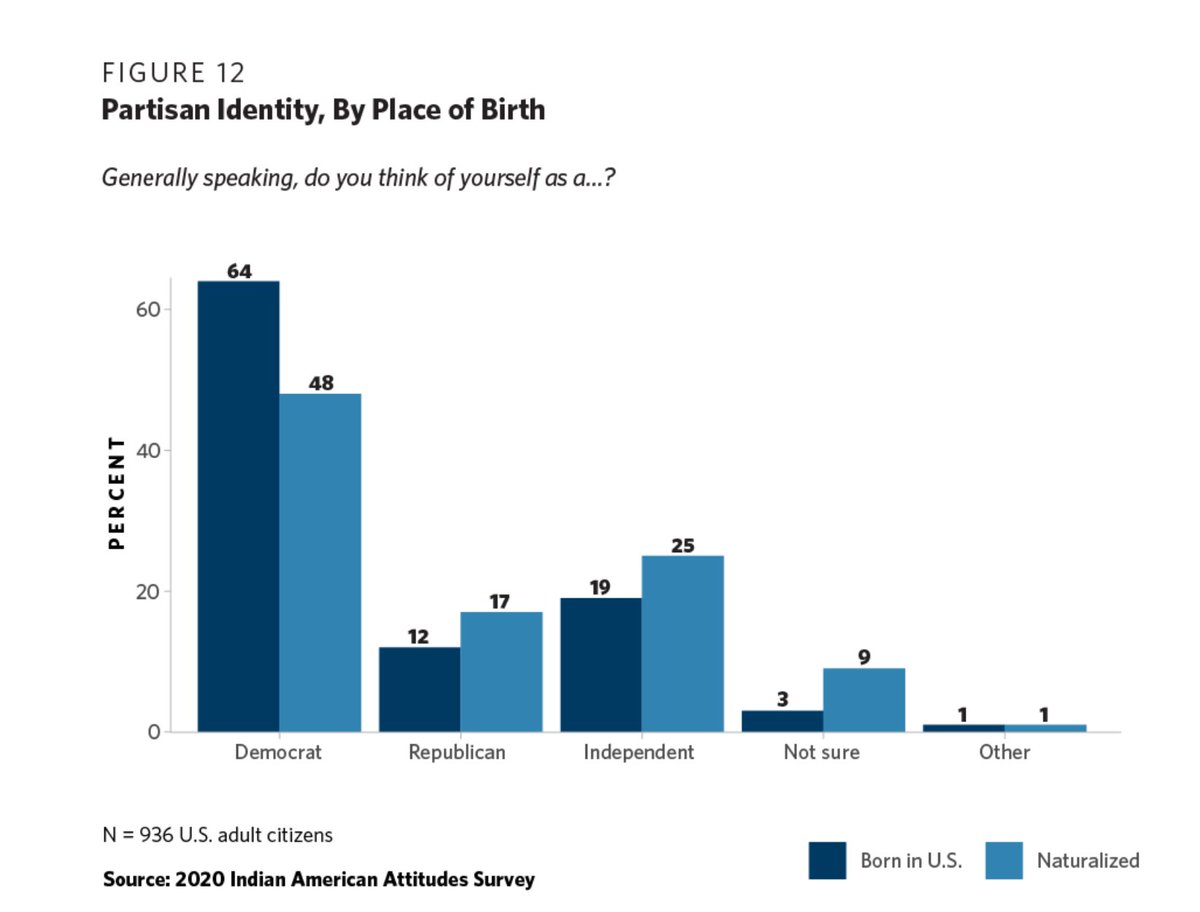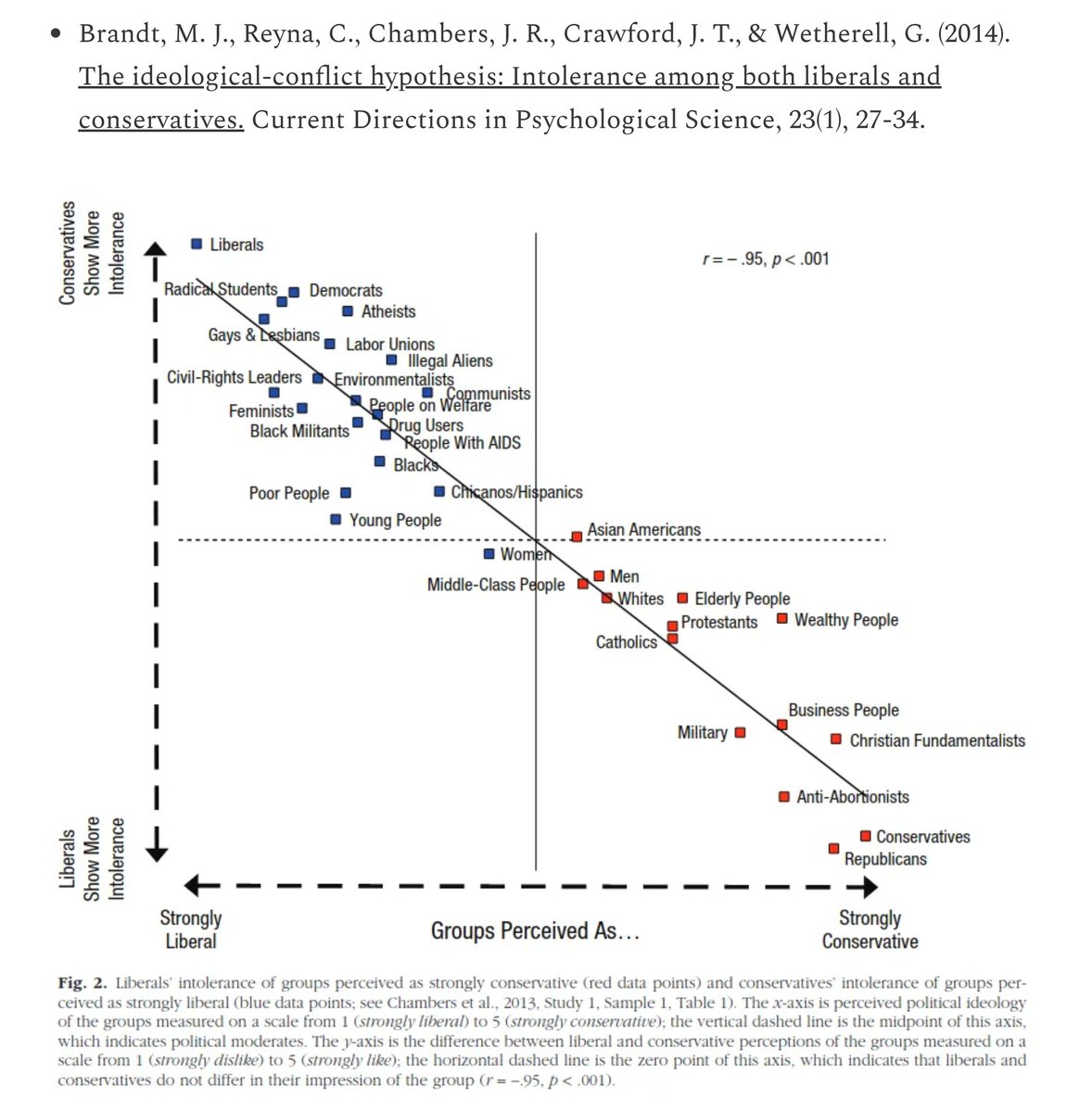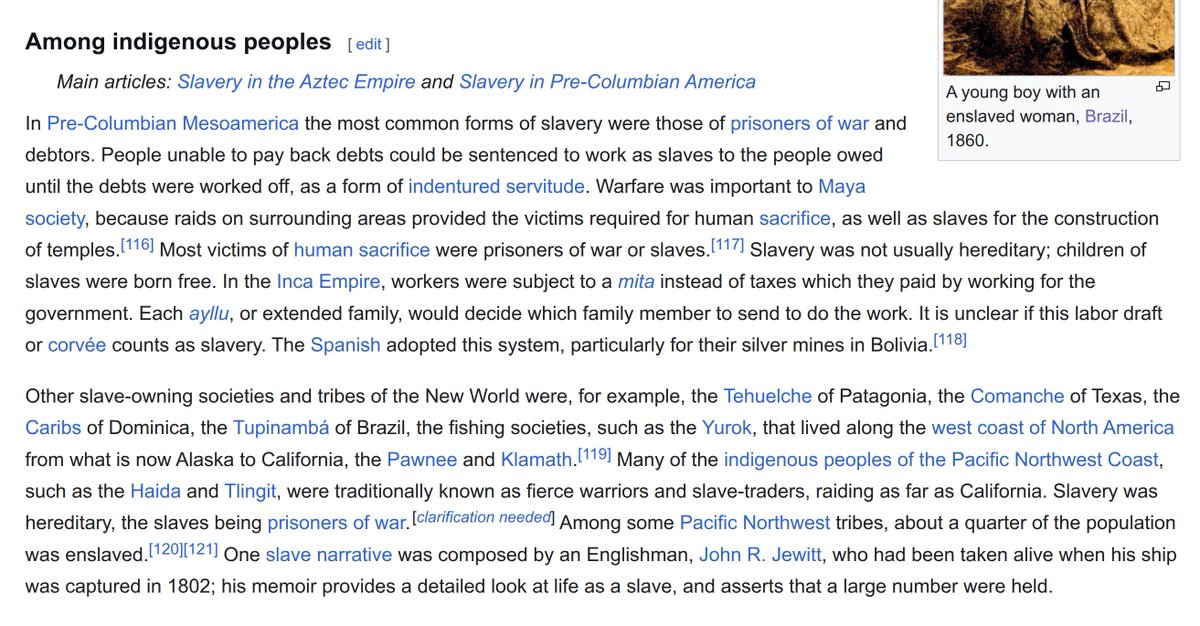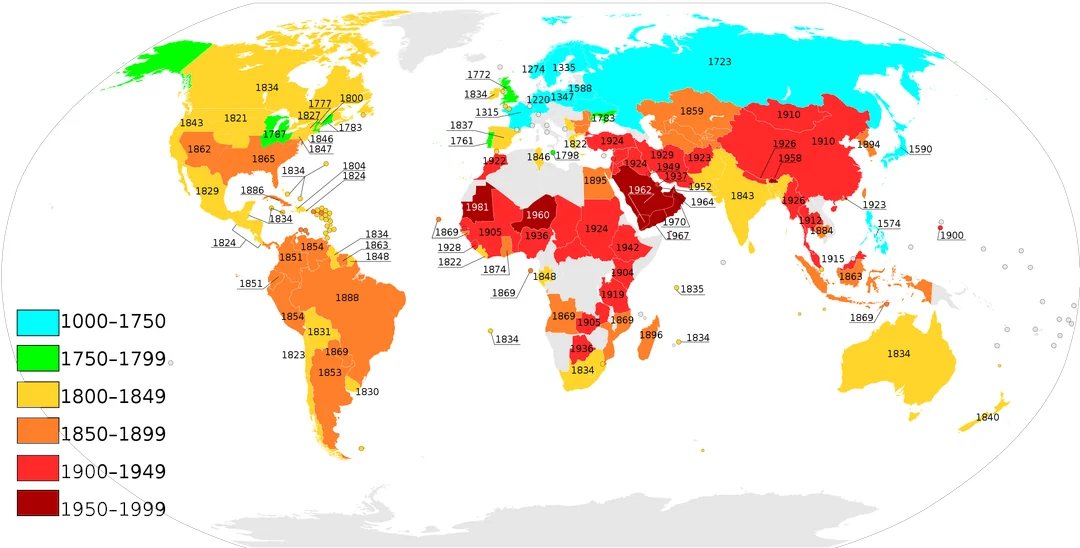Private market fans are usually a fan of private education. The trouble is that educational outcomes are mostly just genetics, so there isn't much room for improvement. One way to study this is to look at school voucher randomized trials.
This meta-analysis shows that they don't do anything for reading or math ability in the West. The results for non-Western countries are larger, but not very trustworthy due to rampant scientific misconduct in those countries. Shrug tier.
Private education probably preferable on other grounds, but not for actual learning outcomes.


This meta-analysis shows that they don't do anything for reading or math ability in the West. The results for non-Western countries are larger, but not very trustworthy due to rampant scientific misconduct in those countries. Shrug tier.
Private education probably preferable on other grounds, but not for actual learning outcomes.


The Participant Effects of Private School Vouchers Across the Globe: A Meta-Analytic and Systematic Review
papers.ssrn.com/sol3/papers.cf…
papers.ssrn.com/sol3/papers.cf…
Randomized trials from outside the West very often have fraudulent or impossible data.
…-publications.onlinelibrary.wiley.com/doi/abs/10.111…
…-publications.onlinelibrary.wiley.com/doi/abs/10.111…
• • •
Missing some Tweet in this thread? You can try to
force a refresh


